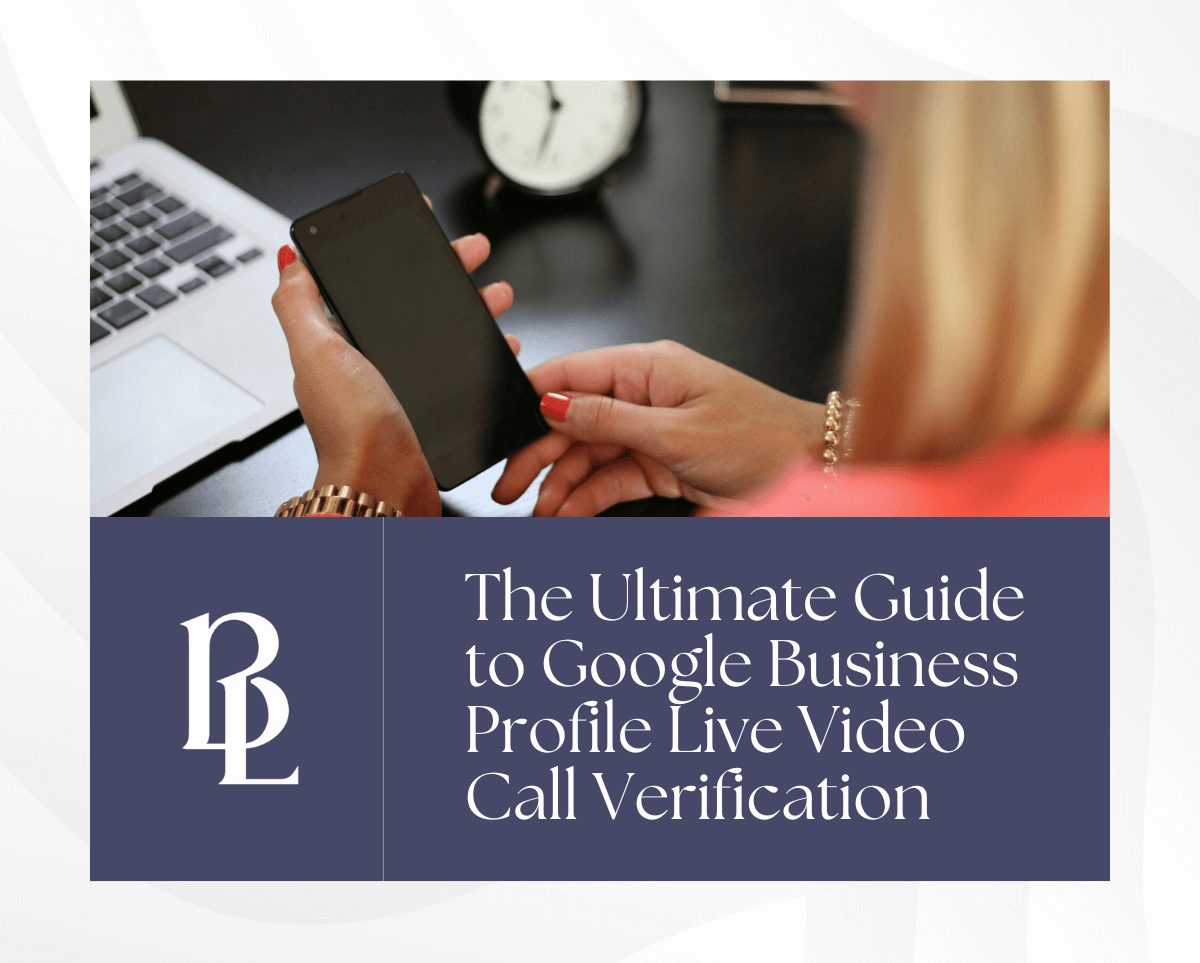Effective SEO Strategy for Launching a New Wedding Industry Website

by Brian Lawrence
Launching a wedding website requires a focused SEO approach to appeal to couples, event planners, and local vendors. Your strategy should include setting clear goals, creating content that appeals to engaged couples, and using promotional tactics like social media and PR to share your new site. From keyword research to tracking progress, these steps will help your site attract a steady stream of visitors, build trust, and, convert traffic into bookings. Here’s a guide to creating a successful SEO strategy for a new wedding website.
Setting SMART Goals for SEO
SMART goals (Specific, Measurable, Achievable, Relevant, and Time-bound) ensure a practical path to growth. Depending on your location, weddings can be highly seasonal, and setting goals aligned with popular planning timelines can be effective.
Examples of SMART Goals in Wedding SEO
- Implement location-based keywords like “wedding venues in [City]” and “affordable wedding photographers near me” to increase organic traffic by 25% within the first six months.
- Achieve a Google ranking within the top 10 for longtail keywords such as “unique outdoor wedding venues in [City]” or “wedding DJ services in [Region]” by optimizing core service pages.
- Generate 100 inquiries from organic search traffic within the first year through an optimized contact page and clear calls-to-action across the site.
SMART goals focus on conversions and visibility, which is critical for wedding sites that rely on highly motivated customers during key planning windows.
Creating Targeted Content to Appeal to Local Couples
Standing out is crucial. That’s why creating high-quality content that resonates with local couples is ideal. Targeted blog content, service pages, and testimonials can all help to engage potential clients while building search engine visibility.
Blog Content for Local Wedding Appeal
A blog is a great way to connect with local couples searching for wedding inspiration, tips, and vendor recommendations. Consider focusing on topics that answer common questions and showcase the beauty of your service area. For example:
- Local venue roundups: “Top 10 Wedding Venues in [City]” or “Best Outdoor Wedding Locations in [City].”
- Real wedding stories: Highlight real weddings to give couples ideas and let them envision their big day at your venue or with your services.
- Seasonal wedding ideas: Posts like “Spring Wedding Trends in [Region]” or “Summer Wedding Flower Ideas” not only inspire but allow for recurring updates and resharing.
Focusing on location-specific topics and tips can capture local couples in the decision-making phase, building trust and relevance.
Leveraging Longtail Keywords
Longtail keywords are essential because they match the specific searches couples use during planning. Instead of targeting “wedding DJ,” try more focused terms like “affordable wedding DJ in [City]” or “rustic wedding DJ services.” These terms capture intent-driven traffic from couples who know what they want, driving more qualified leads to your website.
Promoting Your Wedding Website Launch: Social Media, Email, and PR
Promoting your wedding site launch requires a multi-channel approach to build buzz and attract engaged couples.
Social Media Campaigns for Wedding Brands
Use social media to create a countdown to your launch, showcasing sneak peeks of your offerings. Share images of recent weddings, venues, or decor, and add planning tips to build engagement. After launch, highlight specific areas of your website, like the “Real Weddings” section or the blog, and encourage followers to explore.
Instagram and Pinterest are especially useful in the wedding industry due to their visual nature. Create themed boards on Pinterest, such as “Romantic Wedding Ideas” or “Elegant Wedding Venues in [City],” linking pins back to your website for additional exposure.
Email Blasts
Email marketing is a great tool for sharing your new site with an already interested audience. Send a launch announcement email with sections highlighting areas of your site like “Featured Weddings” or “Our Favorite Venues.” Offering a limited-time discount or a downloadable wedding planning guide can increase click-through rates and drive potential clients to the site.
PR Outreach for Wedding Businesses
Press releases and outreach to wedding blogs or local media can increase awareness and drive traffic to your site. Send a press release about your new website and services to wedding bloggers, magazines, and local newspapers. This PR coverage can help build authority and improve search rankings by generating backlinks from reputable sites.
Monitoring and Adapting Your SEO Plan
With a new wedding website, consistent monitoring and adaptation are key to staying relevant in a competitive industry.
Content Updates and Re-Sharing
Wedding content, particularly seasonal or trend-based posts, can be updated and re-shared. Update past blog posts with fresh content, like new venue images or decor ideas, and re-share them on social media or email newsletters. This keeps the site relevant and encourages past visitors to return.
For example, a blog post titled “2023 Wedding Trends in [City]” could be updated with the latest styles for each new season. Keeping content fresh improves SEO and shows that your brand stays current with industry trends.
Using Tools to Monitor Performance
Tracking key metrics helps you see which SEO strategies work for your site. Google Analytics shows the most popular pages and tracks visitor demographics, while Google Search Console shows keyword rankings and click-through rates.
Use SEO tools to monitor the performance of specific wedding-related keywords, such as “rustic wedding venues” or “fall wedding DJ in [City].” Monitoring these tools lets you adjust keywords or update content based on actual user behavior.
Managing Expectations for SEO Growth
SEO growth takes time. Results often take several months to materialize. By setting realistic short- and long-term goals, you can manage your expectations and maintain focus.
Short-Term vs. Long-Term Goals
In the short term, focus on generating traffic through promotional efforts like social media and targeted content. For example, seasonal blog posts on wedding trends can increase traffic before ranking well organically. In the long term, focus on keywords with steady search volume and relevance, such as “affordable wedding DJ” or “best wedding venues in [City].”
Building Patience and Consistency into Your SEO Strategy
Launching a new website is an exciting journey. Setting SMART goals, developing localized, wedding-focused content, and promoting your launch with a strong multi-channel approach will lay a solid foundation for future success. Wedding SEO is a long game—one built on steady updates, insightful content, and ongoing engagement with your audience. Patience, persistence, and consistency will pay off as your site climbs the rankings and captures the attention of couples planning their big day.
If you’re thinking of launching a brand new wedding industry website, reach out to me today!






